Applications
Our biodegradable substrates are designed to enhance both the quality and productivity of plants. These substrates feature specialized textures, very low electrical conductivity, and superior water and nutrient retention capabilities. They provide excellent aeration for crops, effectively preventing waterlogging. Suitable for both individual and industrial applications, these substrates are optimized for exceptional performance in diverse growing environments.
Coco coir products are most commonly used for the following applications:

Gardening & Landscaping
Coco coir offers numerous benefits in indoor, outdoor and rooftop gardening. It excels in moisture management, retaining and draining water effectively to prevent waterlogging and maintain consistent humidity, which supports robust plant growth. As an environmentally friendly medium, coco coir decomposes naturally, enriching the soil with essential nutrients.
Its natural brown color adds aesthetic appeal to garden design and landscaping, and it can be used to create pathways or decorative features that blend seamlessly with nature. Additionally, coco coir suppresses weed growth by covering the soil surface evenly, reducing maintenance efforts and costs. It also helps prevent soil erosion and protects water resources from runoff, making it a valuable asset in sustainable gardening practices.
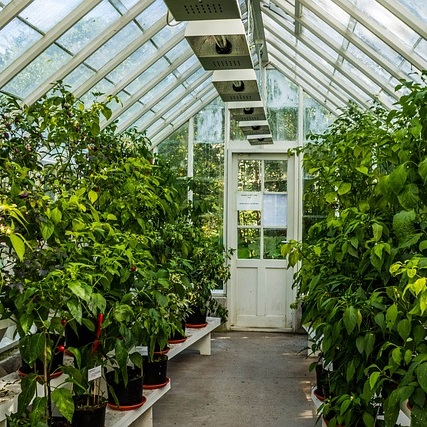
Greenhouse Farming
Coir substrates are highly useful for greenhouse farming. Coco coir offers excellent water retention, aeration, and nutrient exchange, also allowing for good drainage which is crucial for healthy plant growth. It promotes improved crop efficiency and productivity, reduced irrigation needs, and better resistance to climatic factors. Additionally, coco coir is environmentally friendly and cost-effective, making it a smart choice for large-scale growers. Cocopeat is one of the best hydroponic growing medium in the world.
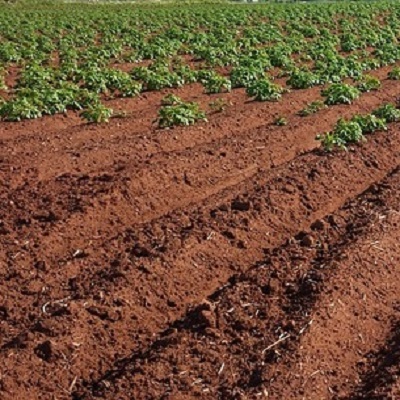
Soil Improvement
Using coco coir for soil improvement offers several advantages: it raises soil pH, promotes environmental sustainability, and supports beneficial microorganisms. Its organic content aids in nutrient conversion, and its natural antibacterial and antifungal properties help combat soil diseases. Coco coir also holds moisture longer than many other materials, preventing the soil from drying out completely.
In fertilizer production, coco coir is valued for its natural, non-toxic qualities contributing to increased plant productivity without environmental harm. The presence of essential nutrients like potassium, calcium, magnesium etc., enhance soil quality and promote healthy plant growth.
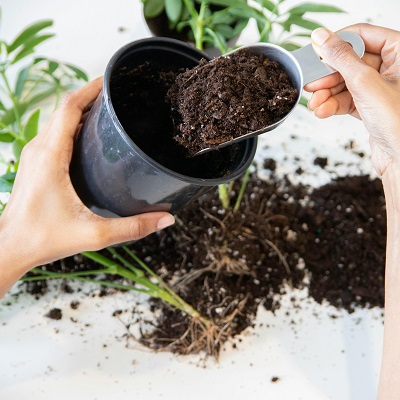
Potting Mixes
Potting mix or potting soil, is a specialized medium used for cultivating plants, herbs, and vegetables in containers. Coco coir is a key ingredient in many potting mixes due to its ability to improve soil aeration and structure, preventing compaction and enhancing water retention. It also supports the growth of beneficial microorganisms, providing essential nutrients that boost plant growth. Proper potting soil enhances plant health by promoting faster rooting, reducing watering frequency, and ensuring a consistent plant appearance. Using Coco coir in potting mixes facilitates an effective movement of the required nutrients and water and oxygen absorption.
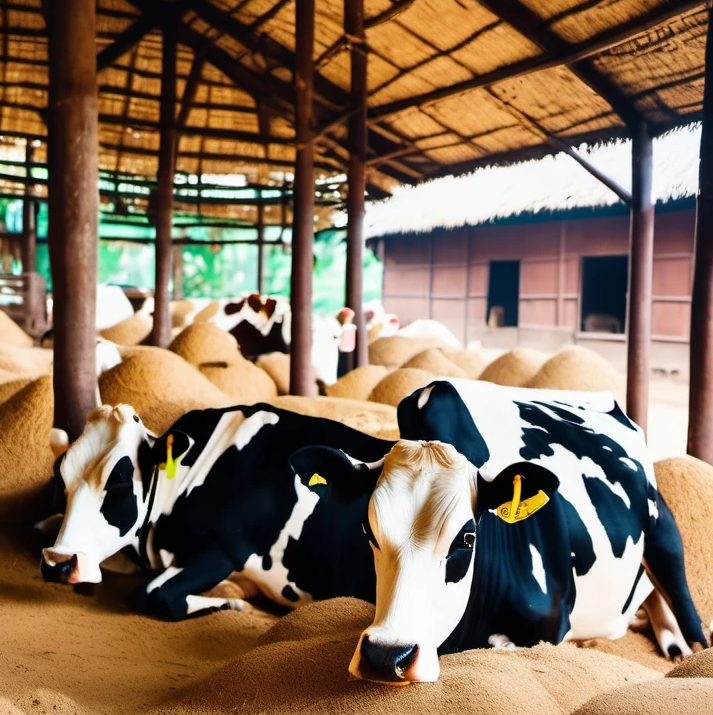
Animal Bedding
Coco coir is an excellent choice for animal bedding due to its high absorbency, heat retention, and durability. It provides a soft medium to bed, minimizing injuries and discomfort to animals and helps them to rest properly and prevent fatigue. Additionally, coco coir has antibacterial and deodorizing properties that help control odors, thus is free of mosquitoes and flies and keeping the animals healthy. As a recyclable and biodegradable material, coco coir is eco-friendly and cost-effective, reducing waste and can be easily composted for soil use.
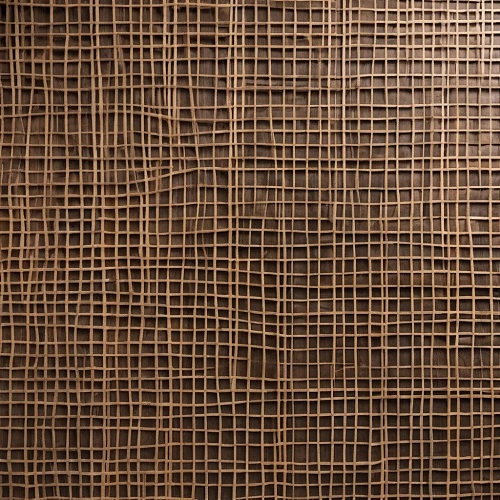
Construction Materials
Coco coir, widely recognized in agriculture, also has notable uses in construction. It is employed to manufacture ceiling lining materials that provide insulation, minimize noise, and enhance indoor spaces with a natural look. Coco coir can be formed into bricks that offer heat insulation, fire resistance, and durability. It is also used for producing faux wood flooring, which is an eco-friendly and cost-effective alternative to genuine wood. Additionally, coco coir is utilized in ceiling and wall panels for its durability and insulation properties, and for sound and heat insulation in various building applications.

Cleaning Oil Spills
Coco coir, derived from coconut husks, is a highly effective natural sorbent material for cleaning hazardous and non-hazardous oil spills. Due to its high lignin content, it is durable and resistant to biological degradation. Coco coir pith, when spread over the surface of the spill, absorbs oil efficiently and is easy to recover and reuse. After extracting the absorbed oil, the coir can be reused, and the recovered oil remains uncontaminated for further use.

